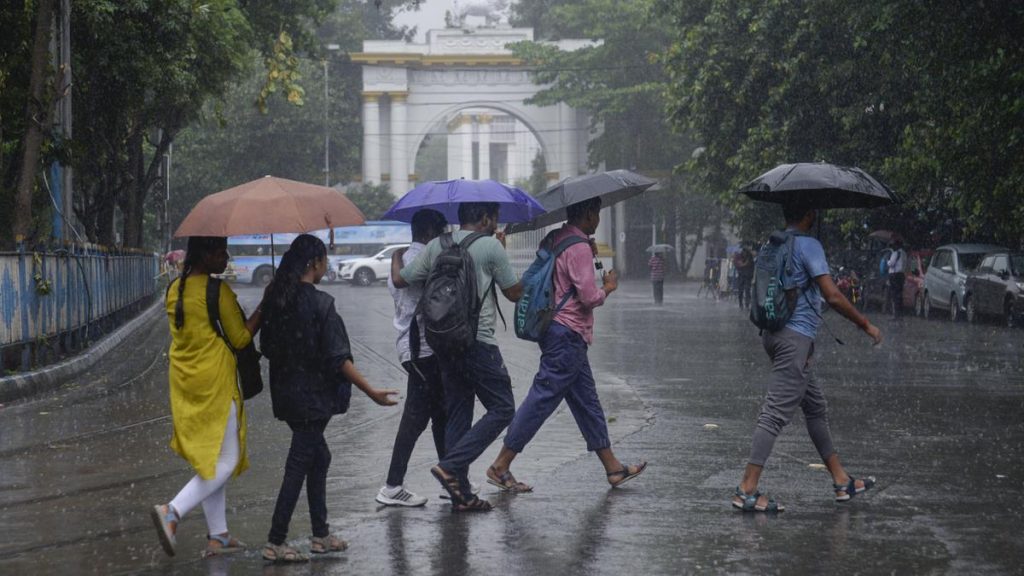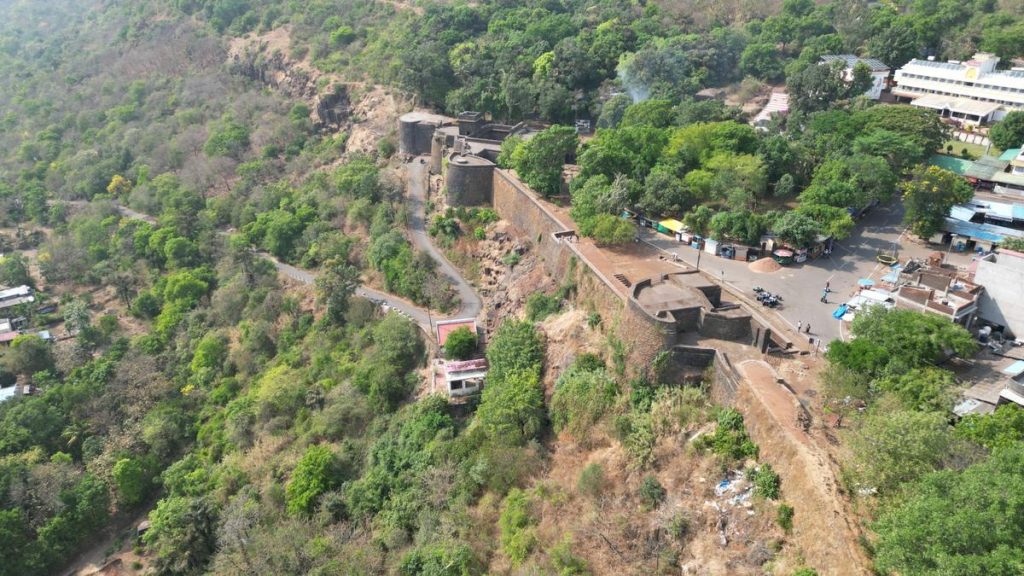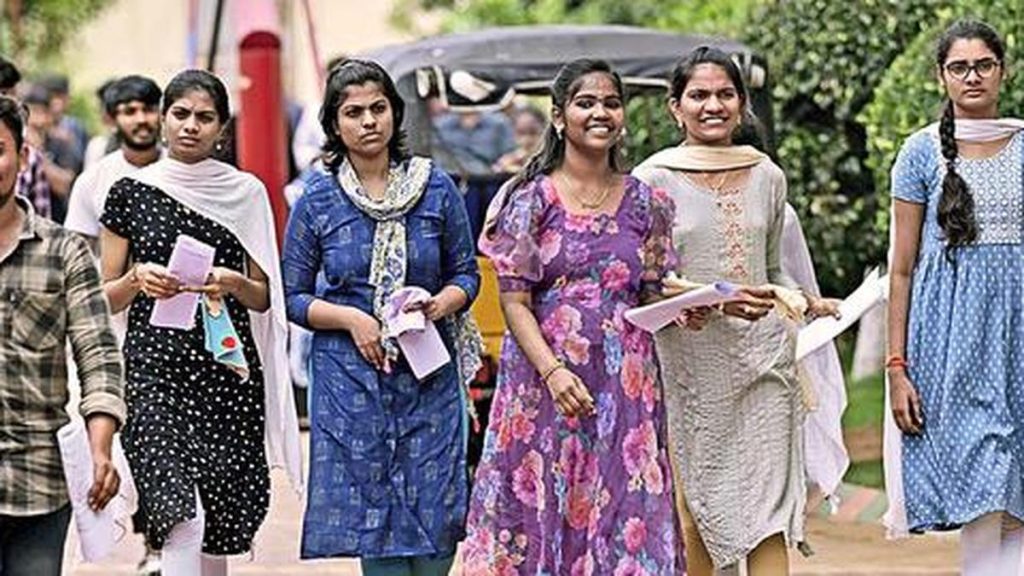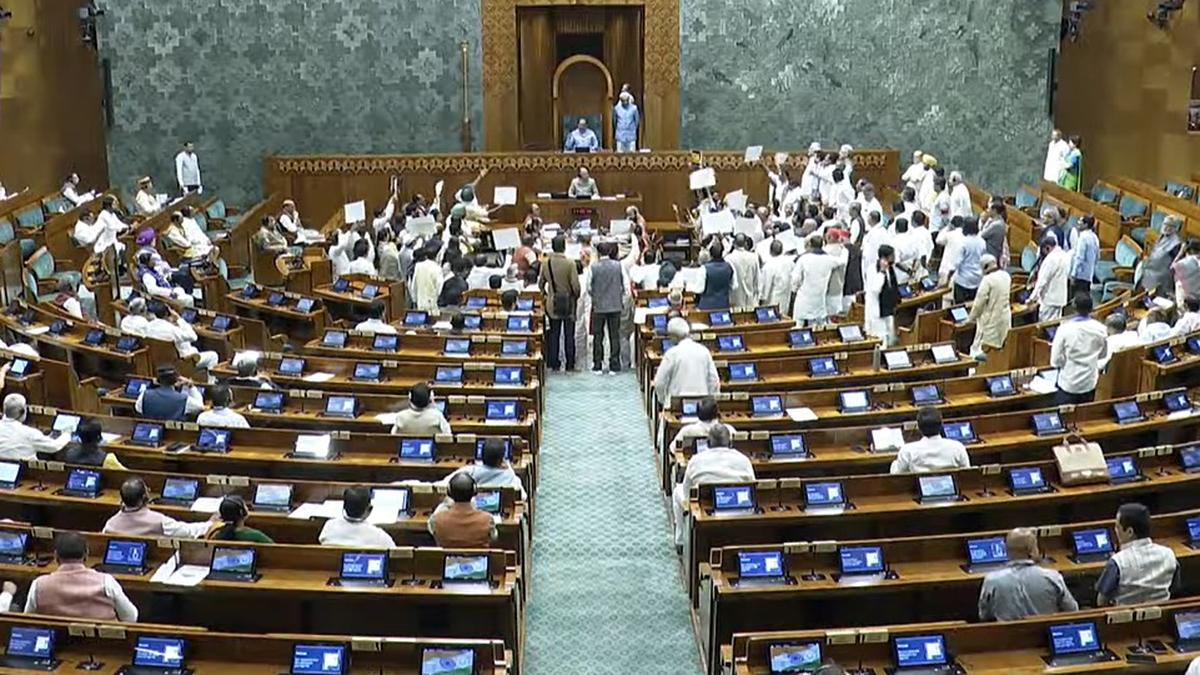Now Reading: PM Modi in London: India-UK Set to Unveil Roadmap, Finalize Landmark FTA
-
01
PM Modi in London: India-UK Set to Unveil Roadmap, Finalize Landmark FTA
PM Modi in London: India-UK Set to Unveil Roadmap, Finalize Landmark FTA
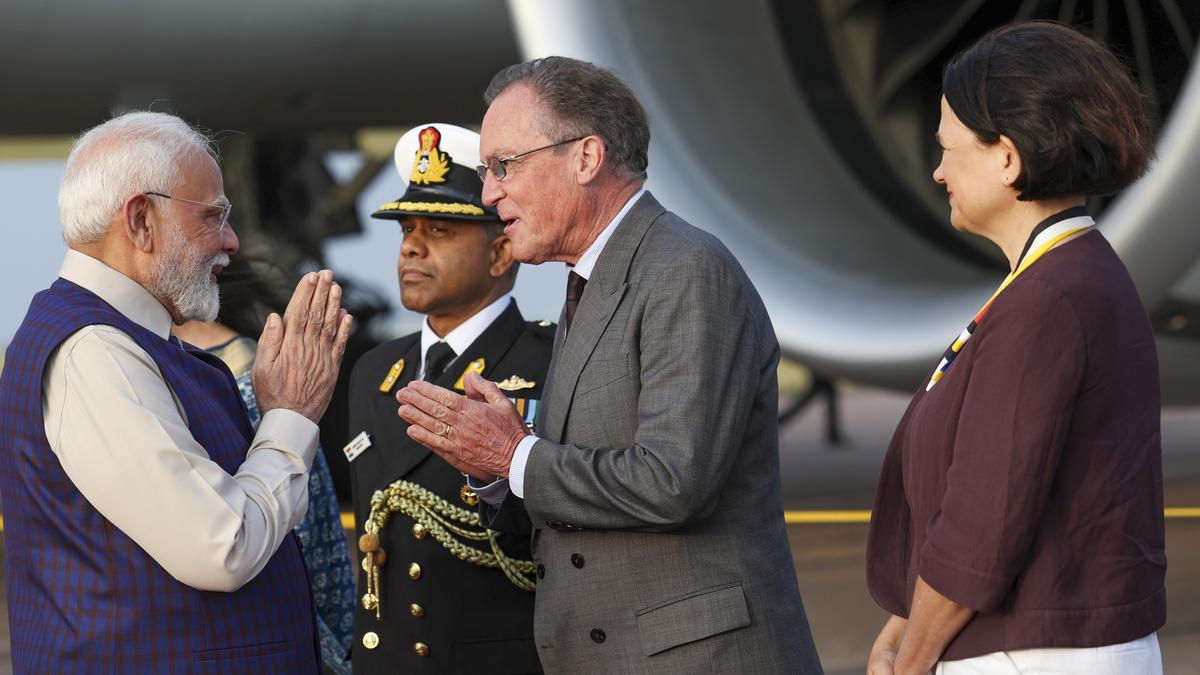
Rapid Summary
- India-U.K. Free Trade Agreement (FTA): Prime Minister Narendra Modi arrived in the U.K. to sign a landmark FTA on July 24, 2025, alongside U.K. Prime Minister Keir Starmer.
- Economic Impact: The FTA is projected by the British government to boost bilateral trade by approximately $34 billion annually and improve market access.
- U.K.-India Vision 2035: Both nations will unveil a long-term strategic framework focusing on areas like technology, investment, climate change, defense cooperation, trade relations, and migration.
- Importance for Britain: U.K. PM Keir Starmer emphasized that the deal is Britain’s most economically critically important as departing from the EU and claimed it would create thousands of jobs across his country.
- Congress Reaction in India: Opposition party Congress criticized the visit as inadequate in addressing issues like repatriating fugitive economic offenders from the U.K., calling for a “Fugitive Transfer Agreement” instead.
Indian Opinion Analysis
The India-U.K. Free Trade Agreement marks an important milestone in advancing India’s global economic partnerships while enhancing bilateral ties with Britain post-Brexit. The agreement promises significant mutual benefits-stimulating job creation, strengthening market presence globally, and providing industries direct access to each other’s economies.
Strategically extending this engagement through “U.K.-India Vision 2035” signals intent toward deeper collaboration across sectors pivotal to both nations’ future growth aspirations amid global geopolitical shifts.
Potential challenges remain over domestic skepticism expressed by opposing political entities such as Congress regarding extradition concerns or equitable distribution of economic gains under such accords; however, opportunities presented via this comprehensive partnership seem poised to outweigh criticisms if implemented effectively.
Read More: Click here


